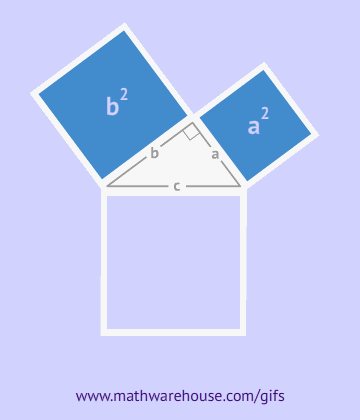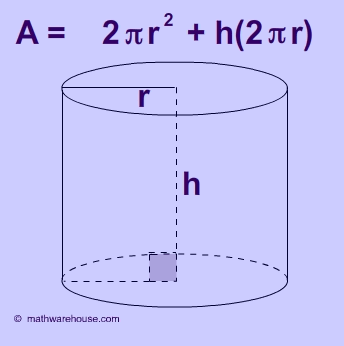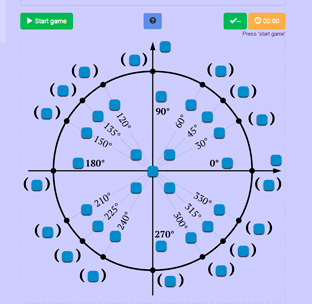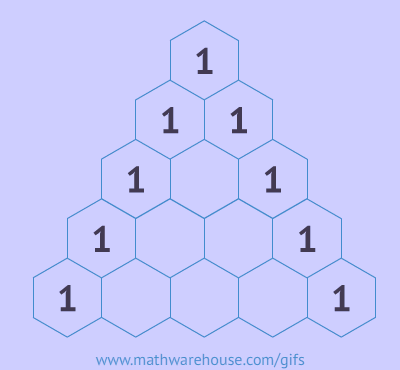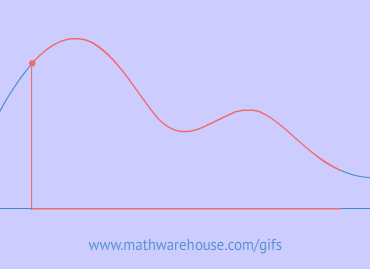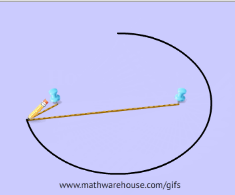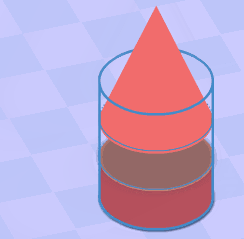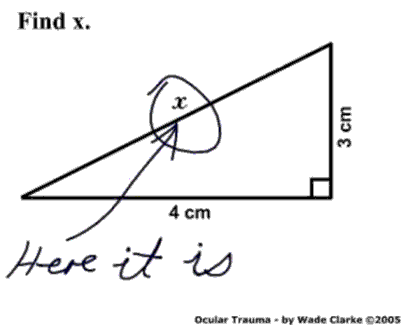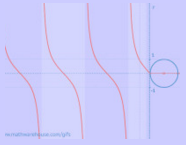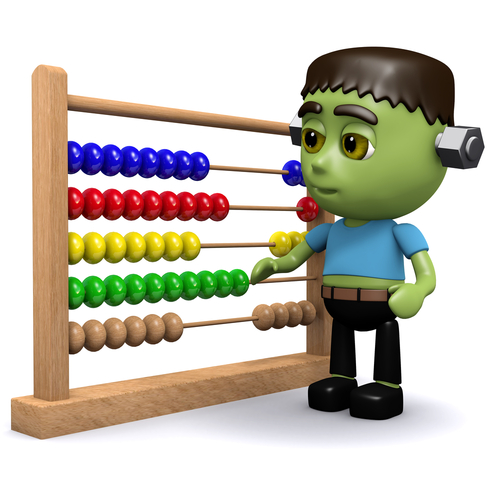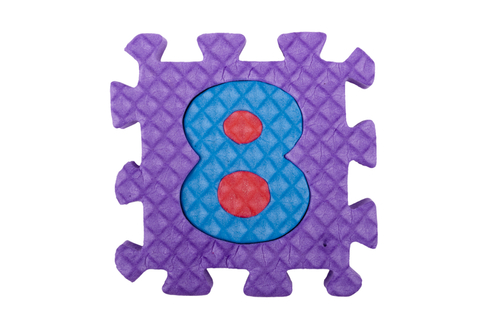Important terms in Logic & Mathematical Statements
Negation
Indicates the opposite, usually employing the word not.
The symbol to indicate negation is : ~
| Original Statement | Negation of Statement |
|---|---|
| Today is Monday. | Today is not Monday. |
| That was fun. | That was not fun. |
Conjunction
In logic, a conjunction is a compound sentence formed by the word and to join two simple sentences.
The symbol for this is $$ Λ $$. (whenever you see $$ Λ $$ , just read 'and') When two simple sentences, p and q, are joined in a conjunction statement, the conjunction is expressed symbolically as p $$ Λ $$ q.
| Simple Sentences | Compound Sentence: Conjunction |
|---|---|
|
p : Joe eats fries.
q : Maria drinks soda. |
p $$Λ $$ q : Joe eats fries, and Maria drinks soda. |
Disjunction
In logic, a disjunction is a compound sentence formed using the word or to join two simple sentences. The symbol for this is $$ ν $$ . (whenever you see $$ ν $$ read 'or') When two simple sentences, p and q, are joined in a disjunction statement, the disjunction is expressed symbolically as p $$ ν$$ q.
Pneumonic: the way to remember the symbol for disjunction is that, this symbol ν looks like the 'r' in or, the keyword of disjunction statements.
| Simple Sentences | Compound Sentence: Disjunction |
|---|---|
|
p : The clock is slow. q : The time is correct. |
p $$ ν $$ q : The clock is slow, or the time is correct. |
The Conditional
In logic, a conditional statement is compound sentence that is usually expressed with the key words 'If....then...'. Using the variables p and q to represent two simple sentences, the conditional "If p then q" is expressed symbolically as p $$\rightarrow$$ q
![]()
| Simple Sentences | Compound Sentence: Conditional |
|---|---|
| p: You are absent q : You have a make up assignment to complete. |
p $$ \rightarrow $$ q : If you are absent, then you have a make up assignment to complete. |
Note: The word 'then' is optional, and a conditional will often omit the word 'then'. The example above could have been expressed: If you are absent, you have a make up assignment to complete.
Truth Values of Conditionals
The only time that a conditional is a false statement is when the if clause is true and the then clause is false .
For example, the conditional "If you are on time, then you are late." is false because when the "if" clause is true, the 'then' clause is false. THEREFORE, the entire statement is false.
Example of a False Conditional
| If Clause | Then Clause | Entire Statement |
|---|---|---|
| p | q |
p
|
| you are late | you are on time | If you are late, then you are on time. |
| When p is true | then q is false | The entire statement is false |
| True | False | False |
| If Clause | Then Clause | Entire Statement |
|---|---|---|
| p | q |
p
|
| a human is a cat | then squares have corners | If a human is a cat, then squares have corners. |
| When p is false | q is true | The entire statement is true. |
| False | True | True |
Explanation: The if clause is always false (humans are not cats), and the then clause is always true (squares always have corners). And the entire statement is true.
Practice Problems
The practice problems below cover the truth values of conditionals, disjunction, conjunction, and negation.
Part I.
Let a represent "We go to school on Memorial Day."
Let b represent "Memorial Day is a holiday."
Let c represent "We work on Memorial Day."
Be prepared to express each statement symbolically, then state the truth value of each mathematical statement.
Problem 1
Statement: We work on Memorial Day or Memorial Day is a holiday.
| Statement in symbols | Truth value of parts | Truth value of entire statement |
|---|---|---|
| c ν b | F ν T | True statement |
Problem 2
Statement: Memorial Day is a holiday and we do not work on Memorial Day.
| Statement in symbols | Truth value of parts | Truth value of entire statement |
|---|---|---|
| b Λ ~c | T Λ ~F = T Λ T | True statement |
Problem 3
Statement: If we go to school on Memorial Day, then we work on Memorial Day.
| Statement in symbols | Truth value of parts | Truth value of entire statement |
|---|---|---|
|
a
|
F
|
True statement |
Problem 4
Statement: We do not go to school on Memorial Day implies that we work on Memorial Day.
| Statement in symbols | Truth value of parts | Truth value of entire statement |
|---|---|---|
|
~a
|
~F
|
False statement |
Problem 5
Statement: We work on Memorial Day if and only if we go to school on Memorial Day.
| Statement in symbols | Truth value of parts | Truth value of entire statement |
|---|---|---|
|
c
|
F
|
True statement |
Problem 6
Statement: If we do not go to school on Memorial Day and Memorial day is a holiday, then we do not work on Memorial Day.
| Statement in symbols | Truth value of parts | Truth value of entire statement |
|---|---|---|
|
(~a Λ b)
|
(~F Λ T)
(T Λ T) T T |
True statement |

